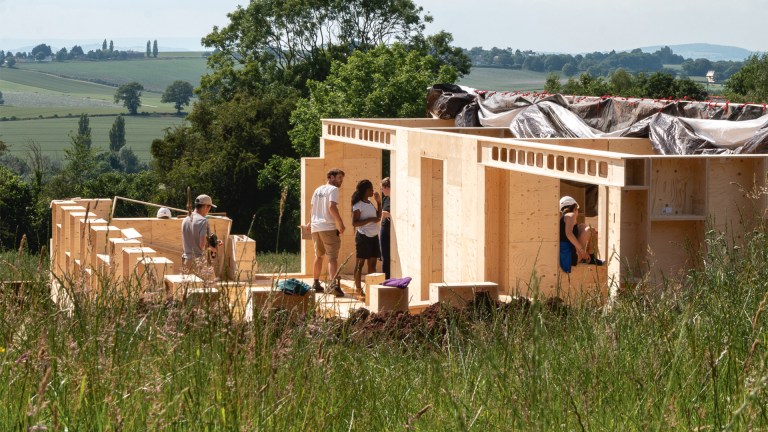Prison education is in a dire state. Ofsted inspects England’s nurseries, schools, colleges and apprenticeships too, but for years prison education has been the worst performing area we look at.
Perhaps that’s not surprising. Some might say that educating prisoners shouldn’t be a priority. But if we’re serious about rehabilitation as a society, education in prison should get much more attention than it currently does. If prisoners leave at the end of their sentence without any of the basic skills needed to navigate their way through life, then they are much less likely to find work and more likely to reoffend. On average, almost a quarter of the people sent to prison are reoffenders.
Your support changes lives. Find out how you can help us help more people by signing up for a subscription
The cost of sending the same people back to prison time and again – as well as the social impact of their crimes – are huge. Rehabilitation has to start with education. I have been the Ofsted Chief Inspector for over six years now, and during this time little has given me more cause for concern than the poor state of prison education. I’ve visited prisons and young offender institutions and found teachers sitting in empty classrooms. In others, prisoners were in their cells for 23 hours a day with no time allocated to educational activities.
Prisoners typically arrive in prison having had a poor experience at school, and they often have additional learning needs or difficulties that have not been addressed. In fact, well over half of the adult prison population have the literacy age of an 11-year-old or younger. Many can’t read or write at all. We want prisoners to be serving their sentences more productively and purposefully so that they can be successfully integrated back into society at the end of their sentence. And we know that education greatly increases a prisoner’s life chances, with the prospect of more job opportunities upon their release.
Each concept or subject learned in prison acts as a stepping stone, helping prisoners to build the basic foundations for lifelong knowledge and skills. This includes learning to complete simple daily tasks, such as writing an email or adding up the cost of groceries.









